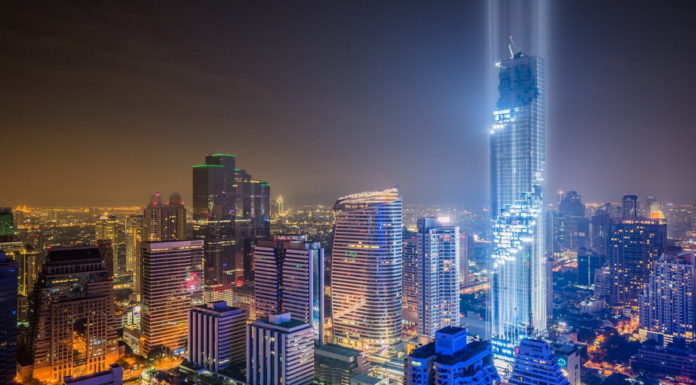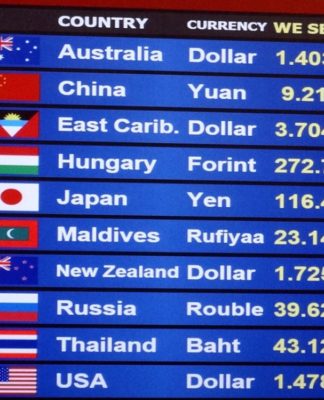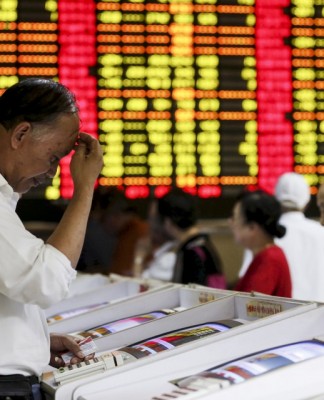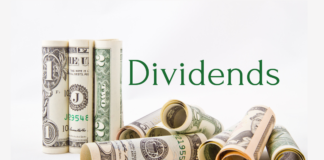Planning for retirement requires careful consideration. You need to assess your risk appetite and also do a little bit of prediction as to how the economy will develop as you near retirement age. You want to make sure that the money that you save will at least keep its value when it comes time to draw upon it.
“There are best practices when it comes to allocating your retirement portfolio,” explains Richard Cayne of Meyer International. “But with COVID-19 throwing a spanner into every aspect of the global economy, you need to reassess your plan as soon as possible.”
Will COVID-19 influence inflation?
COVID-19 undeniably has disrupted more than just people’s health. It has impacted almost every industry by altering every aspect from production to supply chains to consumer access. This could cause inflation in one aspect by increasing prices from simple supply and demand. Meanwhile, governments around the world have been and may continue to try to stimulate their economies with various measures such as quantitative easing, where more money is place in circulation, which then can potentially lower the value of the currency, causing inflation as prices go up to match the devalued currency.
In the recent past, global inflation rates have stayed around 3-4%, with most major economies maintaining rates of around 1%. But with the economic turmoil caused by the pandemic, experts are forecasting inflation to rise by a few percentage points, depending on the country.
How does inflation affect retirement savings?
Now, a 3% inflation rate may not seem like a lot. Something that cost $1 one year will cost $1.03 the next. But if you think in bigger numbers over a longer period, that adds up. Especially if you look at it as your $1 is only worth 97 cents the next year. Add a few zeros to those numbers, and it will take on a greater significance.
That’s why most retirement planning experts suggest allocation your portfolio so you can at least match inflation rates every year. But obviously, you want to see your nest egg grow, not just basically keep its value. However, when the global economy is in crisis, and there seems to be a long time before a substantial recovery occurs, what should you do?
Can you protect your retirement from COVID and inflation?
There are a number of steps you can take to protect your retirement savings. You could delay your retirement date and work longer to save more. Or you may choose reallocation perhaps to safer, or perhaps to more aggressive, investments. During these uncertain times, you need to be as informed about your options as possible. And there is no need to do this on your own. Find a trusted financial expert, like Richard Cayne, who can help you analyse your situation and discuss the best strategy for you so that you can protect yourself now an in the future.















